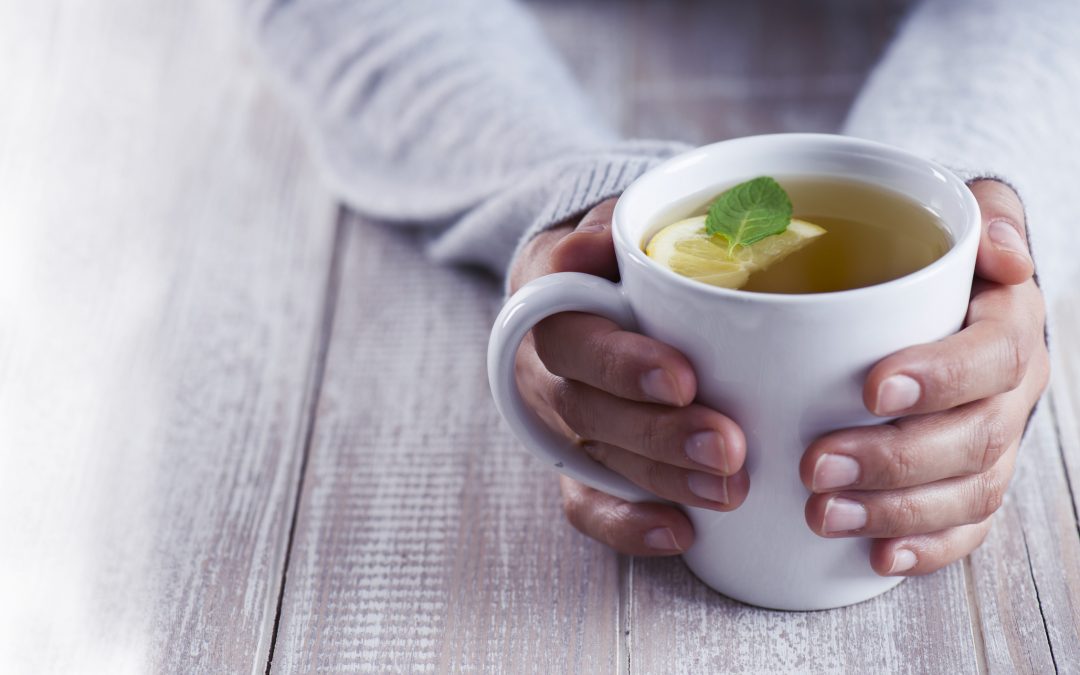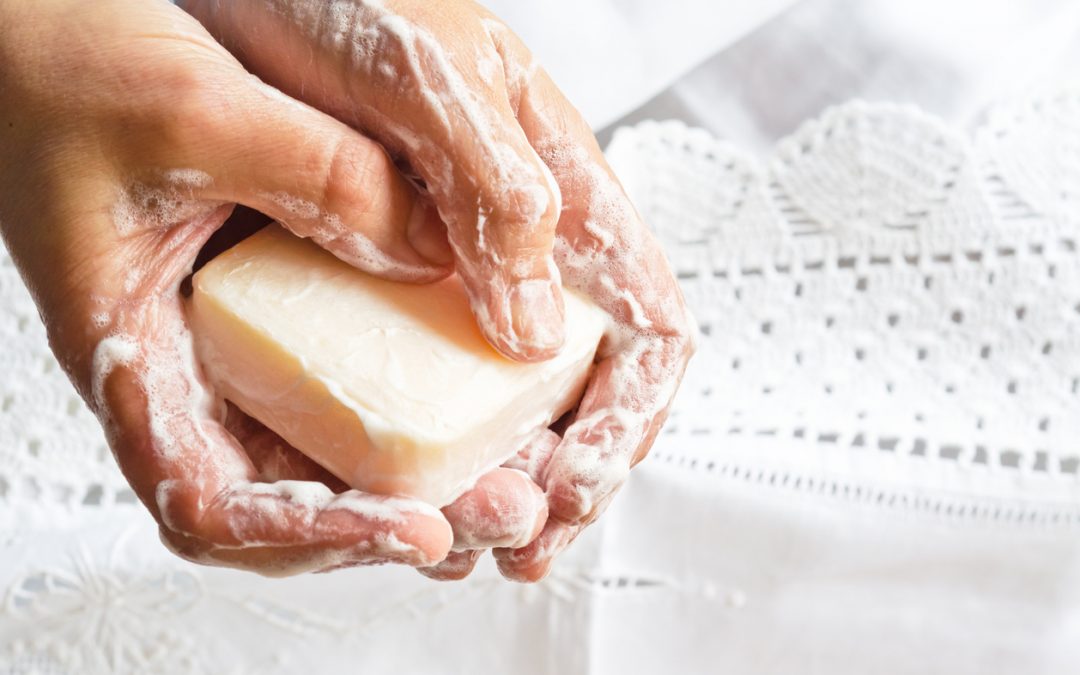
by Jen Owen, N.P. | Mar 27, 2020 | Integrative Medicine
Adaptogen Herbs
There’s a lot of information going around right now about how to support the immune system with herbs and supplements. That’s great, yet we need to also be addressing one of the main causes of immune system dysregulation: stress. One of the best ways to counteract the negative effects of stress on the body is by taking adaptogens.
Adaptogens are herbs that help the body better respond to stress. They work by affecting the hypothalamic-pituitary-adrenal (HPA) axis and by tonifying the nervous system. Basically, they affect the parts of the body most involved in responding to and dealing with stress, be it physical, emotional, or environmental. Most adaptogens also have immune system benefits.
Adaptogens are currently being studied for their effects on depression, fatigue, anxiety, inflammation, toxicity, and more, and have been used for centuries by natural healers for their ability to protect the nervous system.
Today I’m going to discuss the top 5 adaptogens I most often prescribe in my Integrative Medicine practice. As with any new addition to your healthcare regimen, it’s best to check with your healthcare provider before starting to make sure the herb is right for you and won’t interact with any of your medications. For dosing, I recommend starting with the smallest dose possible the first dose to make sure you don’t have any negative effects from taking it, and then follow the instructions on the product you choose for regular dosing.
Ashwagandha (Withania somnifera)
Ashwagandha is an herb from Ayurveda. It helps with anxiety, insomnia, joint & muscle aches, fatigue, and exhaustion. It also seems to have a balancing effect of the immune system and helps with low thyroid function. Ashwagandha has a rejuvenating effect on the entire body. It helps support deep sleep and improves brain function.
Eleuthero (Eleutherococcus senticosis)
Eleuthero is a form of ginseng, but doesn’t have the stimulating or short-acting effects of other types of ginsengs. It helps when feeling overstressed as it can reduce cortisol (stress hormone) levels. Eleuthero helps in stopping the inflammatory response that happens with chronic stress and helps keep you going mentally and physically. It can also be helpful to reduce stress headaches and help you sleep during stressful times.
Holy Basil (Ocimum sp.)
Holy Basil (Tulsi) is another herb from Ayurveda. It helps with improving memory, fatigue, depression, anxiety, some respiratory issues, and may help protect the gut from stress-induced conditions. It seems to help increase endurance and improve immune system function. There are several different forms of Holy Basil in the Ayurvedic tradition, each with subtle differences.
Reishi (Ganoderma lucidum)
Reishi is known as the “mushroom of immortality”. It’s helpful for overall wellness, balanced energy, and for calming the nerves. It’s a powerful immune system booster and is being studied for possible effects on cancer. It likely protects the liver and helps to decrease overall inflammation in the body. I use it often when a person’s spirit seems disrupted.
Rhodiola (Rhodiola rosea)
Rhodiola helps with stress, depression, impaired brain function, fatigue, and to improve immune function. Many countries consider it a rejuvenative plant. Rhodiola can be somewhat stimulating so should be used with caution in nervous anxiety and it may cause insomnia in some people. It’s better for those who are feeling depleted with very low energy.
Each of these herbs has many other uses. This is in no way an exhaustive list. I’m focusing on the functions that might be most helpful during these trying times. There are also many other adaptogens available. These are my favorite five. I hope they can be of use to you during this stressful period in our lives. Herbs are a mainstay of my primary & specialty care practice. For more information on becoming a patient, please click here.

by Jen Owen, N.P. | Mar 12, 2020 | Integrative Medicine
Last week, I wrote an article expressing my perspective on the COVID-19 “coronavirus” virus. I continue to stand by everything in that article for keeping yourself safe from illness and keeping your immune system strong. Since that time, we have more information from both China and Italy, which warrant a different and more conservative response.
First, I’ve learned a great deal more about how this virus is spread. I’ve always been taught that you are most contagious when you have a fever. This is definitely true and with this virus in particular, you are also contagious before you have symptoms. And, some people never even have symptoms. If it helps, think about the herpes virus. You can show no signs of a cold sore or genital lesion and still “shed” the virus to your partner. That’s why the herpes virus (yes, it’s a virus) is so contagious. You don’t know you’re giving it to someone because you have no symptoms. The latest data is showing that the COVID-19 virus causes symptoms right around 5 days after exposure. That means that for 5 days, you are potentially infecting everyone you meet. Even worse, it’s thought that this virus may be able to survive in the air on dust particles.
Second, I see so many people stating, “it’s only deadly to the elderly”. This is not true. It could be deadly for anyone with a respiratory or other chronic condition. How many people can you name right now who have asthma? They are at risk, as well as people with many heart-related conditions, diabetes, and more.
One of the big differences between this virus and regular seasonal flus is that everyone is getting sick around the same time. What’s happening in Italy is that the hospitals are overwhelmed. When I worked in the hospital in my last community, we would have 1-4 patients on a ventilator at one time. I have no idea how many ventilators were actually available, but I bet it wasn’t that many. If respiratory distress happens to hundreds or thousands at once, healthcare providers have to choose who gets a ventilator and who doesn’t. I’m thankful that’s not my decision to make!
I’m so proud of our leaders for canceling large events. I also feel we should go ahead and cancel non-essential events of all sizes. If we stop the spread, we won’t overwhelm our hospitals and we’ll keep our elderly and others with chronic conditions safe. I keep seeing people posting in events that if you’re sick, don’t come. I believe this is missing the boat–remember, you’re contagious before you have symptoms.
All of this said, I don’t think panic is necessary. I love people’s ideas of how to support their communities, like buying gift cards now to use later. My husband and I both own small businesses. Our concern for our finances over the next month is real. I’m already seeing a decline in the number of wellness visits at my clinic. At the same time, I feel strongly that if we quarantine ourselves for a short-time, we could possibly avoid a longer term crisis.
My parents are turning 80 this year. That makes them elderly and yet, they still have a wonderful quality of life. I surely don’t want this virus to be the end of them. Let’s not panic. Let’s be smart. Let’s make it a priority to protect each other. Stay home right now as much as possible and if you do go out, take care to protect yourself and those around you.
Please comment below if you have any further helpful additions to this. You can also sign up for my newsletter at the bottom of this page. I’ll be updating everyone best I can as new information comes to light.

by Jen Owen, N.P. | Mar 6, 2020 | Integrative Medicine
With all the hype over the coronavirus, I’ve taken some time to take it all in and contemplate my thoughts about everything. I’ve been reading loads of articles and talking with colleagues. I thought I would be remiss not to express my points of view.
As a nurse who has been well-trained in protecting myself and others against pathogen transmission, I offer these thoughts. Most of these I do on a regular basis anyway. Welcome to what its like to be a nurse!
1. Wash your hands often and wash them well. I remember my first day of nursing clinicals. They had us rub this product on our hands that you could see only under ultraviolet light. The product mimics germs on the hands. Then, they had us wash our hands. We looked at our hands again under the UV light and almost none of us had actually washed off the product thoroughly. We practiced several times until we learned how to wash our hands correctly.
Wash your hands with warm water and soap and scrub all the areas and under your fingernails. Wash for at least 20 seconds. If you’re not sure how long that is, sing the “Happy Birthday” song as you wash. Use a clean towel to dry and change out your hand towels often.
2. Wash your hands or use hand sanitizer immediately after being in public. Keep hand sanitizer in the car and use before you start touching your car.
3. Don’t touch your face. This ones takes some getting used to. Most of us are constantly touching our eyes, nose, and mouths. To learn to do things a new way, you have to practice. Practice not touching your face. Stay aware and notice how much you do it. By not touching your face, you deny the virus direct entry through your mucus membranes.
4. Don’t wear your shoes in the house. Because this virus is likely spread through droplets, if someone coughs or sneezes and it touches the floor of the places where you go, it can hang out there for a long time. When you walk all around your house with your shoes on, you could be spreading viruses around your house. This is particularly important if you spend time on the floor or you have small children.
5. Be a good community member. If you are showing any of the symptoms: fever, cough, or shortness of breath, stay at home. To me, this is the most important thing we can do. Keep your community members safe by not exposing them.
6. Maintain your health and immune system on a regular basis. Do you know your Vitamin D level? Be sure your Vitamin D 25-OH level is at least 50. Studies are showing more and more that vitamin D plays an important role in immune health (Vitamin D is a regular part of our lab testing at FLOURISH. We don’t understand why it’s not a routine lab for everyone!)
7. At first sign of illness, take Vitamin C. This is likely the supplement most researched for it’s anti-viral properties. Most people can handle around 5000mg daily. Take 500-1000mg every few hours. You’ll know you had too much if you experience loose stools.
8. Eat the rainbow. Add plenty of colorful fruits and vegetables every day. The recommendation is now 9-13 servings per day. When we ‘eat by color’, it’s a lot more fun! Colorful fruits and vegetables are full of antioxidants and vitamins/minerals to maintain great health and help you stay resistant to illnesses.
9. Limit sugar and alcohol. Both of these add extra strain on your immune system, so choose wisely and partake moderately.
10. Be happy and stay calm. Mass panic doesn’t help anyone and only adds stress and strain on your immune system. Trust your gut and use all these common sense tips to protect yourself and those around you.
I know most of this is pretty much common sense, but how do you score for actually doing these 10 things every day?




Recent Comments